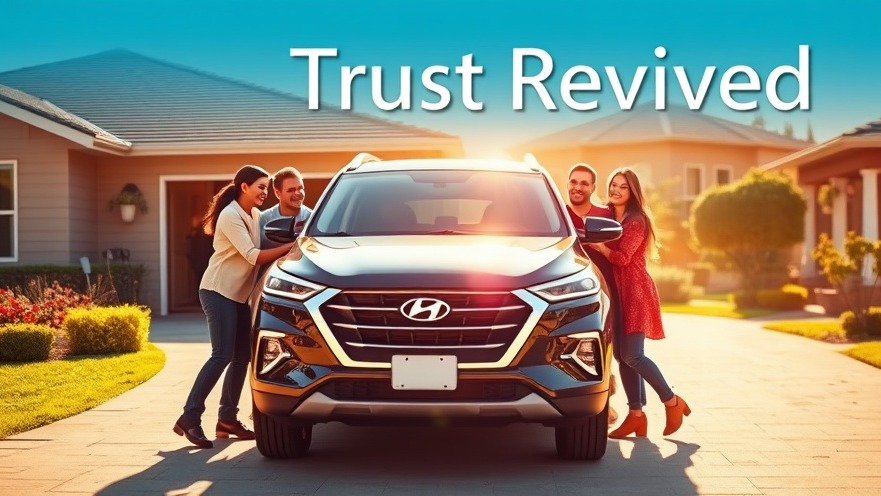
Are Hyundai and Kia Cars Gaining Trust Again?
The question on many car owners' and potential shoppers' minds today is whether Hyundai and Kia have truly turned a corner since their past reliability issues. With recent reports noting an improvement in their newer models, it’s essential to determine if these brands can compete with established names like Toyota and Honda.
In 'Are Kia & Hyundai Cars Still Unreliable? Car Help Q & A', the discussion dives into the reliability of these brands, exploring key insights that sparked deeper analysis on our end.
Reputations in the Rearview Mirror?
Hyundai and Kia, particularly models manufactured between 2011 and 2021, have faced scrutiny due to significant engine reliability problems. The 2.0L and 2.4L engines suffered from faults, causing unnecessary oil consumption and, in some cases, complete engine failure. The volume of recalls and warranty replacements grew alarmingly high, affecting millions of vehicles. As a result, many car buyers were understandably hesitant to consider these brands.
The New Era of Smart Stream Engines
However, recent feedback indicates a potential shift in this narrative with the introduction of the Smart Stream engine family around 2021. The 2.5L Smart Stream engine, used in models like the Hyundai Tucson and Santa Fe hybrids, has shown promising reliability thus far. While it's still early to declare victory, the absence of significant manufacturing defects in these newer models is encouraging.
Short-term vs. Long-term Ownership
For individuals considering a Hyundai or Kia, purchasing recent models with the Smart Stream engines may present a lower risk—particularly for short-term ownership. Leasing these vehicles over three or four years, or keeping them within the warranty period, can provide peace of mind. Yet, if a car owner is interested in long-term investment, traditional brands like Toyota, Honda, or Mazda remain steadfast in reliability.
Changing the Perspective on Hybrids
A recent viewer raised an important topic about hybrid vehicles. The debate between conventional hybrids and plug-in hybrids has persisted, especially in light of environmental concerns and cost-driven choices. While plug-in hybrids often carry a premium price tag, they might not always deliver a quick return on investment. Regular hybrids, with their lower maintenance costs and more extended battery lives, could prove to be the smarter option, particularly for consumers prioritizing budget.
Tips for a Smarter Car Purchase
If you’re considering leasing or buying a vehicle, it pays to research. Understanding the reliability of the engine, checking recalls, and knowing the market value for trade-ins are critical steps. As preferences shift towards environmentally-friendly vehicles, both hybrids and conventional gas vehicles offer different benefits. It’s wise to assess your needs and choose the option that aligns with your lifestyle.
In closing, if you're contemplating a Hyundai or Kia, lean towards the newer models and consider leasing for insurance against potential issues. Whether evaluating hybrid vehicles or shopping for family-friendly SUVs, a well-informed choice can lead to a satisfying purchase experience.
 Add Row
Add Row  Add
Add 




Write A Comment